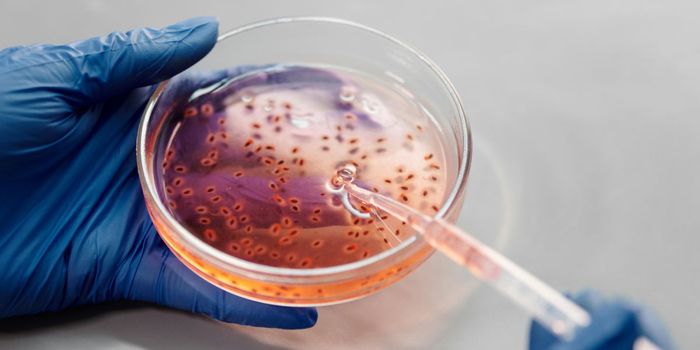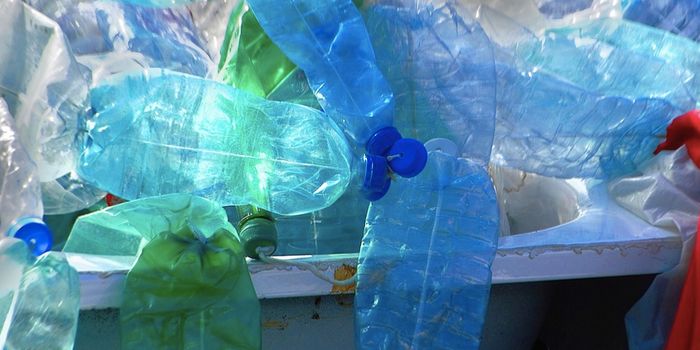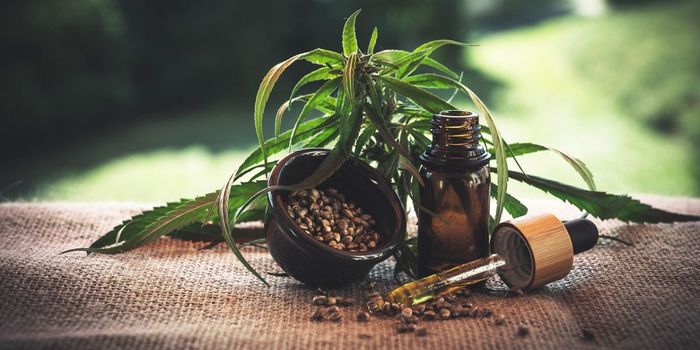Reading, Hearing Language Connects Meaning to Same Region in the Brain
Scientists at the University of California Berkeley used improved functional MRI resolution to show that similar neural circuits in the same regions of the brain are active when connecting language that is read or heard with its meaning. The experiment indicates that where semantic content of language is stored is independent of how that information is received.
The experiment included nine participants who read and listened to Moth Radio Lab stories in an fMRI machine, which mapped activity in their brains. The researchers discarded sensory activity, caused by the audio or visual stimulation so that only semantic information would be represented in the fMRI maps. The maps of intake by reading and by listening to the stories look strikingly similar when stripped down to semantic activity.
To measure how similar the neural circuits are, that connect intake mode to meaning, the researchers carried out a second, predictive experiment. First, researchers mapped the subjects' neural activity when they either read or listened to a story. Then, the researchers used this map to predict the activity sparked by the other mode of intake. Whether the subject read or listened to the story first, the semantic information from the first map accurately predicted the circuits activated by the second form of intake.
These results are strengthed by the fact that full stories were used because the activity maps include the complexity of language comprehension and not just the recall of a single word.
The connection of language intake to meaning is interesting given the rise of audiobooks and podcasts, but mapping the neural circuits could improve methods of treating dyslexia and neurodegenerative disorders.
Further experiments are looking at people who are bilingual to find out if they hold their language representations in the same places.
Sources: Deniz et. al., TheScientist, DailyCal









